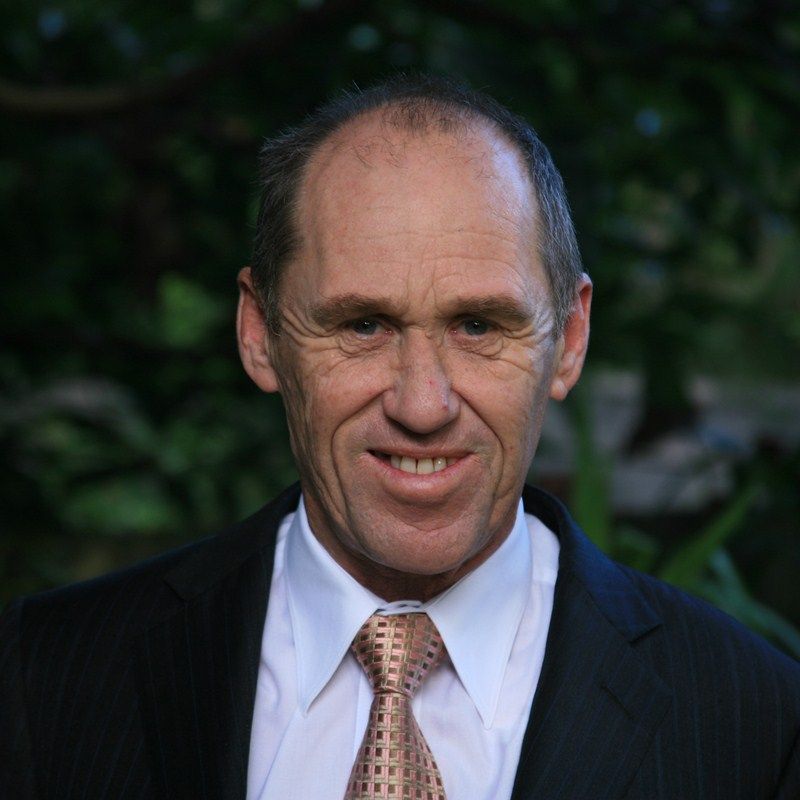Europe-China Forum
Next event In person & livestreamed

- Area of Expertise
- Global Europe
Global Europe

Founder, Institute for Economics and Peace
Running contrary to the global perception, Mexico’s peace has actually improved in recent years, underscored by a 30 percent reduction in the national homicide rate since 2013. This remarkable increase in peacefulness is widespread. According to the Mexico Peace Index, the last two years have seen 26 out of 32 states improving their peacefulness, with 26 recording reductions in their violent crime rate and 23 states recording reductions in their homicide rate.
Despite these recent achievements, Mexico remains very violent and is the least peaceful country in Central America according to the Global Peace Index. Since the start of the calamitous drug war in 2007, it has dropped 50 places on the Index to rank 138 of 162 countries. Continuing issues associated with organised crime and justice efficiency pose substantial barriers which must be overcome for Mexico to achieve truly higher levels of peace.
Contrasting with its current levels of violence, Mexico has one of the largest prospects of any country in the world for improving its levels of peacefulness. Positive Peace – the attitudes, institutions and structures which sustain peaceful societies – has actually improved over the last five years. As reported in the Mexico Peace Index, some Positive Peace measures such as a ‘sound business environment’ and ‘high levels of human capital’ compare very favourably to the global averages.
However, major challenges do remain. Corruption is the Positive Peace factor where Mexico performs most poorly, especially on measures related to corruption within the police and judiciary. Mexico has one of the highest levels of perceived police corruption in the world. In some states, 95 percent of the citizens believe that the police are corrupt. This has flow-on effects as many crimes then go unreported. This is highlighted by the fact that only ten percent of rapes are reported nationally and only three percent of extortions are reported in the more violent states. Despite these statistics, there has been some improvement in the public perception of the federal police force over the last three years, with confidence in them increasing from 18 percent to 24 percent.
Another major challenge is the efficiency of the justice system, which has been steadily declining. The number of homicides compared to the number of prosecutions doubled between 2006 and 2014 and is now at an all-time high. Additionally, the rate at which people were sentenced to prison fell from 210 per 100,000 people to 104 between 2003 and 2014. Generally this would be considered a positive trend; however, given the high levels of prison overcrowding and the falling effectiveness of the justice system, these factors combine to form a trend that needs addressing.
The economic benefits from improvements in peace are truly large. It is estimated that the total economic impact of violence in Mexico is three trillion pesos, or US$233 billion, which is equivalent to 17.3 percent of Mexico’s GDP. This represents 24,844 pesos, or almost US$1,946, per person. With approximately 30 percent of the population living on less than $5 per day, small improvements in peace could dramatically improve the lives of many.
Violence also has a detrimental impact on economic growth, stability and the overall development of a nation. There is a clear relationship between how safe people feel and whether they go out at night. A small but clear example comes from Guerrero, Mexico’s least peaceful state, where Coca-Cola closed a distribution plant in 2013 after losing trucks in robberies and attacks.
Investing in peace is probably the most effective action the Mexican government can take. It will deliver a clear economic dividend, help those living in poverty, achieve greater stability and improve the political stock of the ruling party, as well as repairing the country’s international standing.
Next event In person & livestreamed

Past event

Past event Online

Past event IN PERSON & ONLINE





Stay informed
We use cookies and similar technologies to adjust your preferences, analyze traffic and measure the effectiveness of our campaigns. Learn more about our privacy policy.